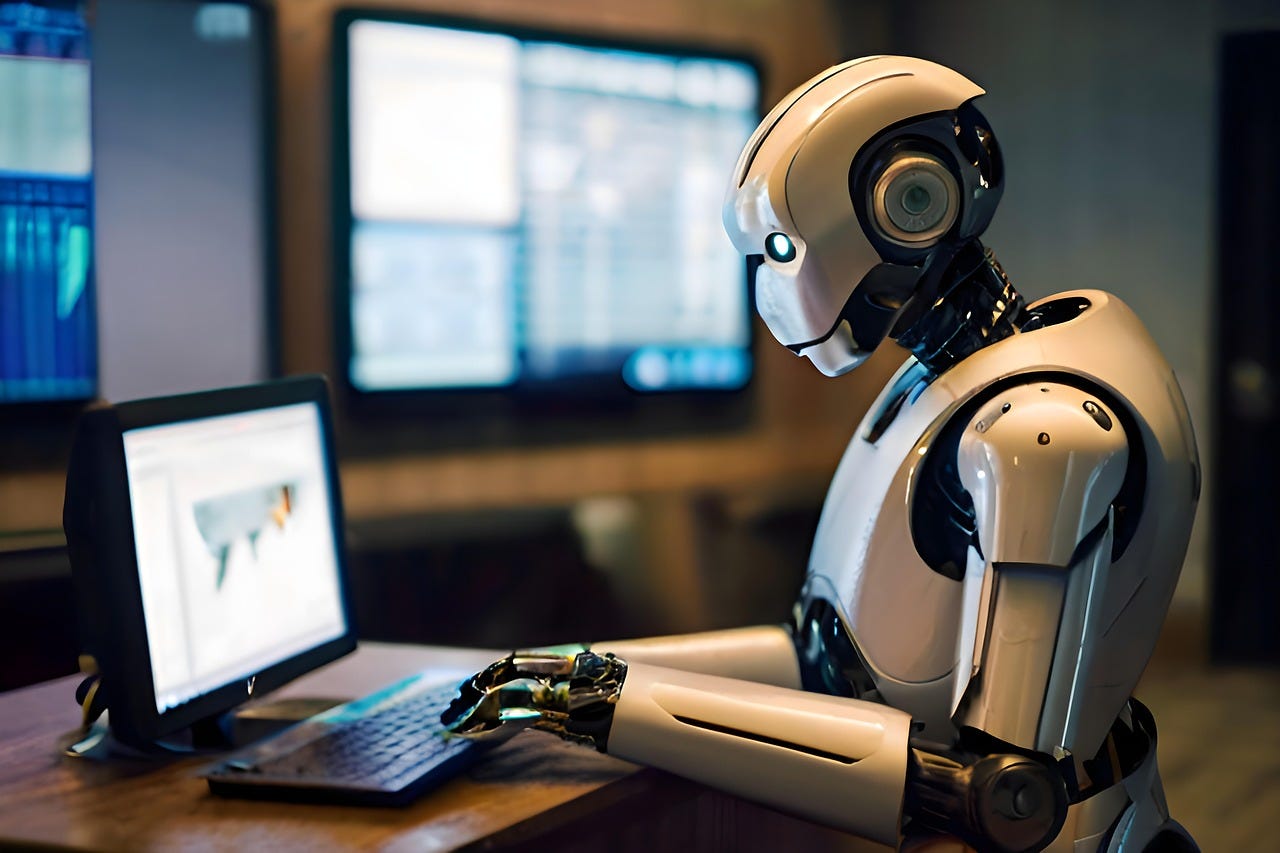In recent years, the explosion of data, the rise of artificial intelligence, and the growing pressure for extreme operational efficiency have transformed how companies operate, make decisions, and scale their processes. Within this scenario, a concept has begun to take form: the era of total automation.
In this new era, repetitive and manual tasks — from spreadsheet cleaning to report generation and pipeline orchestration — are gradually being replaced by autonomous systems capable of operating without human intervention.
But as technologies such as machine learning, infrastructure-as-code, and robotic process automation evolve, a key question emerges:
What is the new role of the data engineer when everything trends toward automation?
If historically data engineers were responsible for moving, transforming, and structuring data, they now stand at the center of a paradigm shift. Their role expands far beyond engineering — they become architects, orchestrators, and strategists of intelligent automation.
How People Tend to Solve It
In many organizations, the traditional response to the rising demand for scalability and efficiency is simply to increase headcount or accumulate disconnected automation tools. This generates patterns such as:
Adoption of isolated automation tools that solve local issues but create silos
Rigid pipelines that are hard to maintain and difficult to scale
Low alignment between data engineering, data science, and business teams
Lack of governance, observability, and control over automated processes
Additionally, many data engineers are still treated as “table operators”: extracting data, cleaning fields, scheduling jobs. In this manual and reactive model, the strategic potential of data engineering is lost.
Automation becomes an end in itself — not a path to intelligence.
How It Should Be Automated or Solved
The data engineer’s role in the era of total automation is not disappearing — it is evolving.
Engineers shift from being technical executors to architects of autonomous data ecosystems. Their focus moves beyond isolated tasks toward intelligent, resilient, and self-adaptive systems.
1. From Pipeline to Platform
The data engineer now builds modular data platforms, where:
Pipelines are defined as code (IaC, DataOps)
Components are versioned and reusable
Infrastructure self-manages (autoscaling, self-healing)
Data is treated as a product (Data Product Thinking)
2. From Task Automation to Decision Automation
With AI and machine learning, engineers design systems that:
Detect anomalies automatically
Adjust ingestion and transformation parameters
Prioritize workloads based on cost and value
Suggest corrections using learned patterns
Data becomes active, not passive.
3. From Executor to Strategist
Modern data engineers:
Define automation standards and governance
Lead reliability and observability initiatives
Build frameworks that democratize data engineering
Collaborate directly with business teams to understand where automation drives value
4. From Script to Ecosystem
Total automation does not mean “no humans”.
It means less operational effort and more creative focus.
The engineer orchestrates an ecosystem integrating:
Real-time event streams
AI-driven decisions
Elastic infrastructure
Intelligent monitoring
Context-aware automation
Conclusion
Total automation does not eliminate the data engineer — it elevates their role.
As scripts, bots, and AI systems take over repetitive tasks, the data engineer becomes the designer of the company’s operational intelligence.
They ensure that:
Data flows reliably
Automated decisions are auditable
Systems adapt to context
And everything runs with minimal human friction
In the era of total automation, the data engineer builds the invisible machinery that powers visible business outcomes.
They transform data into action — and action into competitive advantage.
References
Garcia, P.; O’Reilly, M. The Modern Data Stack. O’Reilly, 2022.
Kincade, J. Data Engineering with Python. Packt, 2021.
Davenport, T.; Redman, T. Data’s New Role in the Age of Automation. HBR, 2021.
Singh, A.; Gill, A. Q. DataOps: Industrializing Data and AI. Springer, 2023.
Martin, J. Designing Data-Intensive Applications. O’Reilly, 2017.


